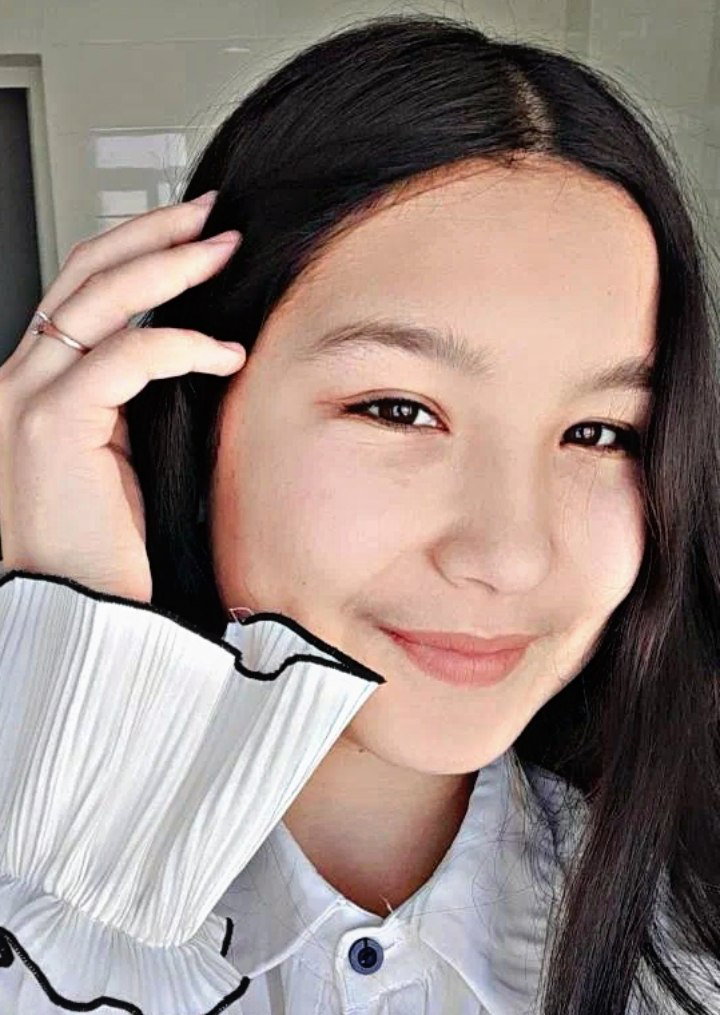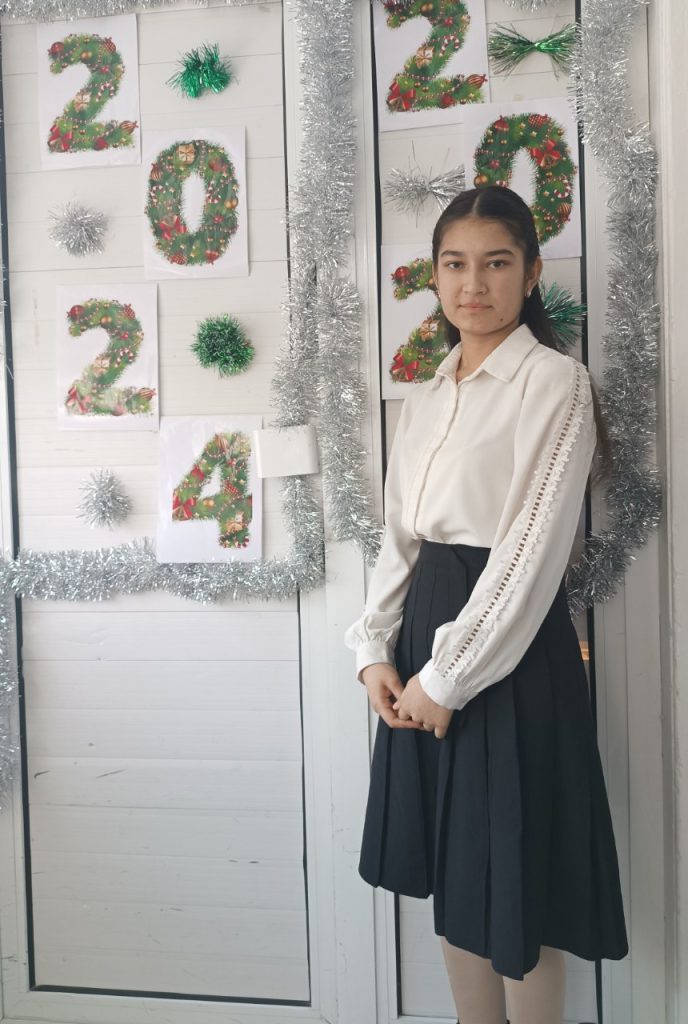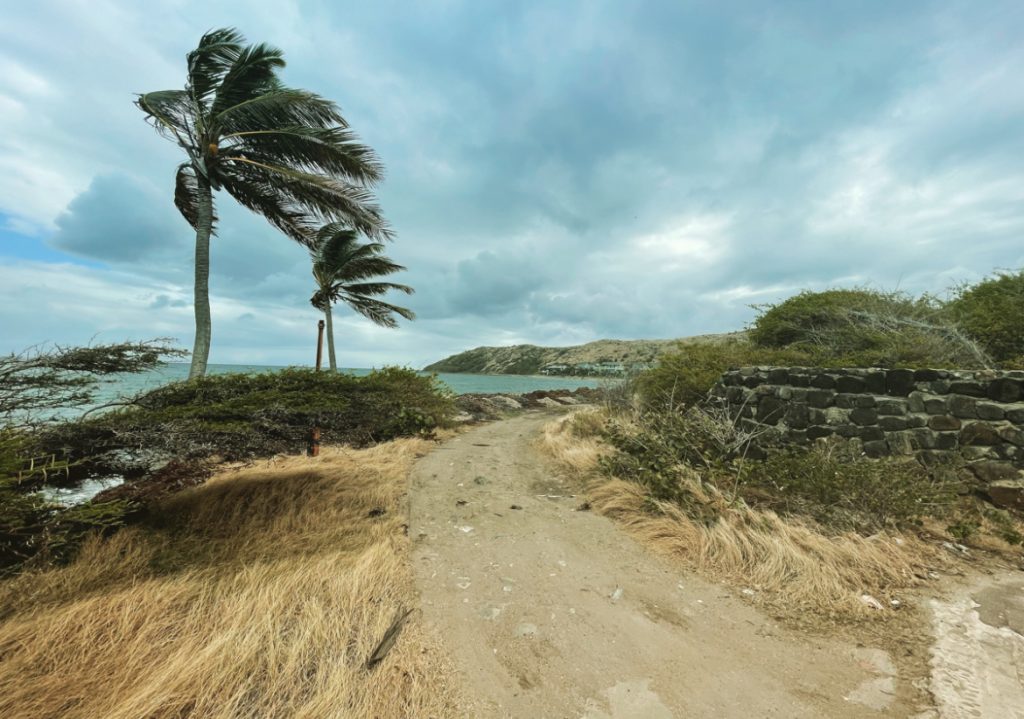THE CHARACTER OF JALOLIDDIN MANGUBERDI IN HISTORICAL SOURCES
Karimova G.Q
Urganch State University
Abstract: The image and personality of Sultan Jalaluddin Manguberdi is described in the article.
Key words: Khorezmshahs, Mankburnis, Juvainis of Atama, Shihobiddin An-Nasawi, Mongols, Kudrat Mashiripov, Maksud Sheikhzade.
A brave fighter who sacrificed his life for the freedom of the country, a true patriot, a national hero, a great man who left an indelible mark in the history of world nations, a skilled commander, the last ruler of the Khorezmshah dynasty, Sultan Jalaluddin Manguberdi (1198-1231) is the eldest son of Muhammad Khorezmshah. He lives 33 years and spends 11 years of his life in battle. Full name: Jalaluddin ibn Alauddin Muhammad. Jalaluddin was named Mankburni because he had a hole (mank) on his nose. Later, this name changed in pronunciation and became known as “Manguberdi”.
Many scholars wrote works about Sultan Jalaluddin Manguberdi. Aluuddin Otamalik Juvaini says about Sultan Jalaluddin in his work “Tarihi Jahon Kuso”:
“Among the sons of Sultan Muhammad, Sultan Jalaluddin was the oldest, the crown of the kingdom, courageous, learned, and the light of the lamp of theology. Despite the fact that other brothers were given worldly blessings, Sultan Jalaluddin never left his father’s side and helped him in state affairs. When his father did right and wrong things, he told them to his face.
Jalaluddin Manguberdi’s munshi, contemporary and close friend, Shihobbiddin An-Nasawi, wrote down a lot of information about the Sultan in his work “Siirat al-Sultan Jalal-ad-Din”. He states that he fought for the freedom of the country and the people, fought against the Mongols for 11 years, fought against the Mongols 14 times and won 13 battles.
Kudrat Masharipov mentions that Jalaluddin Khorezmshah was the bearer of the freedom struggle, he was successful in the continuous struggles, he showed himself as a famous general and a great statesman, and in a short time he restored the state of the Khorezmshah empire in the south-west of Iran, Khorasan, Azerbaijan, and Iraq.
In fact, even to this day, our grandfather is Mangubarhayat. Maqsud Sheikhzade expresses the image of Sultan Khorezmshah in the drama “Jalaluddin Manguberdi” with the following words:
… He who has a place in mortality – lives forever, I’m Manguberdi, I know.
From the sky, from the water, or from the ground, Maybe from the desert, from the foot of the mountain, I’ll show up here one day
The devil of the country is in an un-buryable desert-cave.
Death does not blind to noble intentions, Whoever chases the enemy from his country, it is me…
In conclusion, the memory of our ancestors who sacrificed their lives for the freedom and peace of the country will always be alive. Their bravery, bravery and bravery in the way of the fate of the homeland is an example. It is difficult to express the great courage of our great grandfather in one word. Sultan Jalaluddin fought valiantly against the enemy while protecting his country. He heroically imprinted his image and his boundless love for the motherland in the history.
Reference list:
- Juvaini of Otama. The history of the world. Translation by Nazarbek Rakhim. T: MUMTOZ SOZ, 2015. – 275 p.
- Q. Masharipov. Jalaluddin Manguberdi’s role in world political and military history. Tashkent: Yoshlar media print, 2021. – 256 p.
Internet networks:
- Ziya.uz






